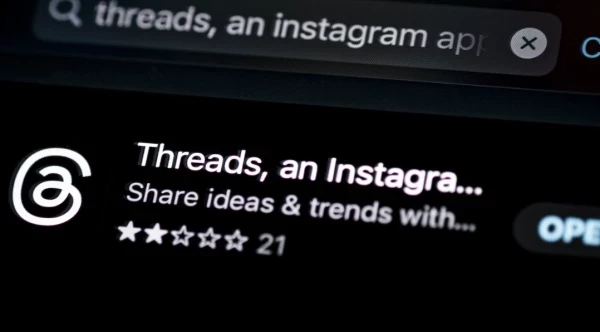Tesla's Social Media CX Strategy Is Under Fire: Here's Why
Add bookmark
Social media has become a reliable outlet for customers seeking support online. Due to its widely public nature, brands are quick to interact with customers airing their complaints on platforms like Twitter and Facebook. As customers become more accustomed to interacting with brands on social platforms, companies are now taking the opportunity to leverage social listening to gain a greater understanding of their customers’ personal sentiments and opinions online.
Although this shift is not entirely new, some companies have taken social media outreach more seriously than others. Most recently, electric vehicle company Tesla has been exposed for maintaining some unconventional customer support practices on Twitter.
Tesla Energy, Tesla’s solar power sector, reportedly has an entire team dedicated to social media complaints. Its 20 employees search through social media and review sites to identify customer complaints, not only to solve issues but to get users to remove their posts altogether.
According to the report in Business Insider, after searching for hashtags like ‘#TeslaEnergy’ or ‘#Elon’, employees were told to “...politely ask customers to delete their social media complaints.” This practice goes against the entire function of social media in customer service. While these comments may not always put the company in an entirely positive light, social media complaints are actually an incredibly useful tool for brands. These comments not only help companies better understand their customers, but they can help customers identify and solve their own issues. By encouraging customers to delete posts, Tesla may be avoiding a unique and helpful customer service tool and is also removing an archive of critical information for users.
Additionally, the value of social media is its ability to prompt genuine feedback, where customers feel empowered to dictate their own conversation and generate actionable and honest discourse. Therefore, asking customers to delete their personal thoughts seems to position a public platform as a private channel, leading to a less candid interaction.
However, Tesla is not adamantly rejecting the use of social media at all, it’s simply mitigating the negative impact of the criticism on other customers. According to the article, some employees actually encouraged customers to utilize social media for support, as it was the most direct option. One former manager noted that posting on social media was faster than going through traditional customer service. Additionally, a customer stated that a support representative explicitly told them to go online and complain because the company prioritizes social media sentiment.
The strategy is interesting because it seems to contradict Tesla’s goal of reducing public criticism online and it may indicate a deeper flaw within their support system — its social strategy is actually a never-ending loop of reputation management, that actually encourages customers to speak out about the brand more actively. By focusing so heavily on social media criticism, and neglecting customers on standard support channels, the company is actually increasing complaints on social media.
The case also touches on a concept discussed by the Harvard Business Review. In a survey analyzing Twitter traffic of leading S&P companies, the study found that companies who consistently respond to negative complaints on social media are actually more likely to fall in value and perceived brand quality. The theory states that the more a company interacts with negative feedback, the more visible it becomes. Therefore, in this case, Tesla is actively testing this concept by asking customers to delete negative feedback completely.
Ultimately, Tesla’s situation is unique. The company clearly values social media, Founder and CEO Elon Musk frequently takes to social media to voice his opinions, so it seems out of character for the company to attempt to limit public comments in any case. But, on the other hand, is removing a complaint after solving the issue entirely wrong? If the case is resolved, the customer did receive the support they desired and can effectively move on. But, as customers collectively focus on transparency and empathetic support, it seems as though this move may not be the most acceptable support strategy.























